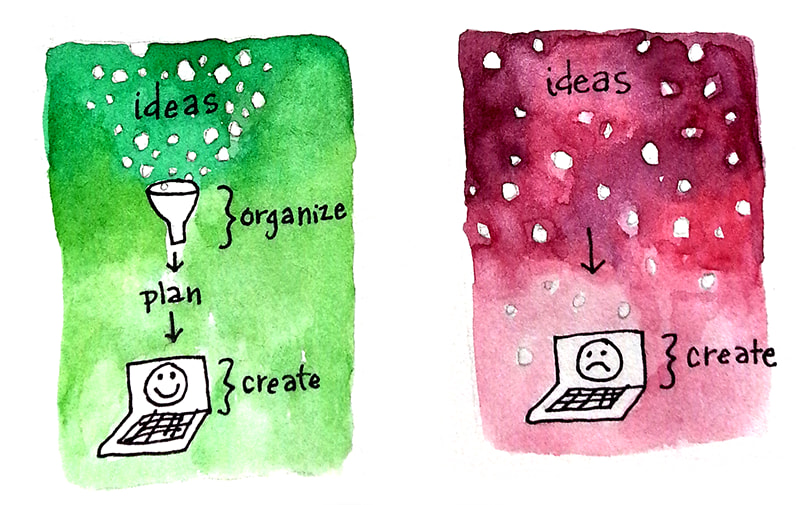
How to Organize the Essay Well in IELTS Writing Task 2?
Some students do not give preference to organising the essay well in IELTS writing task 2. But it is extremely important that you structure and organise your essay in order to score well in coherence and cohesion criterion of your writing assessment. By reading a well organised essay, the examiner will get better clarity of your task response and hence you would get good band score, as a result. So, what does it mean by organising the IELTS essay well? It means that all the ideas in your essay are logically linked to each other and your ideas flow in a well ordered way which becomes understandable and provides better clarity to the readers.
Ensure Proper Paragraphing of Essays
Every IELTS writing task 2 essay should have proper paragraphs which should look well structured. Hence, it is recommended that you write 2-3 body paragraphs in between introduction and conclusion. Firstly, you can write introduction which is where you would paraphrase your essay question. Afterwards, you may write minimum two and maximum three body paragraphs. You can structure the body paragraphs according to the essay question. For example, if you are writing “advantages and disadvantages” essay, you may explain advantages in the first body paragraph and disadvantages in the second body paragraph or vice versa.
Use Cohesive Devices for Logically Connecting Ideas
In order to connect all your ideas well in the IELTS writing task 2 essay, you can include cohesive devices such as whereas, on the other hand, moreover, furthermore, in contrast to this etc. Such words or phrases help in logically connect your sentences together and create a flow for properly forming a body paragraph. Hence, it is important that you use them wherever required. However, their usage should be natural and should not look mechanical. So, do not overuse them. Just use them only when they are required.
Start and End the Body Paragraph Well
In IELTS writing task 2, the body paragraph should begin with such words, phrases or sentences that help the reader know what the paragraph is about. For example, you may use “to begin with” at the start of a paragraph if you are trying to write about something for the first time. Another example is with the word “moreover” which you can use when you are about to include another point to the already written point. Thus, the start or end of the paragraph should indicate when you are about to begin or conclude your explanation of ideas.




